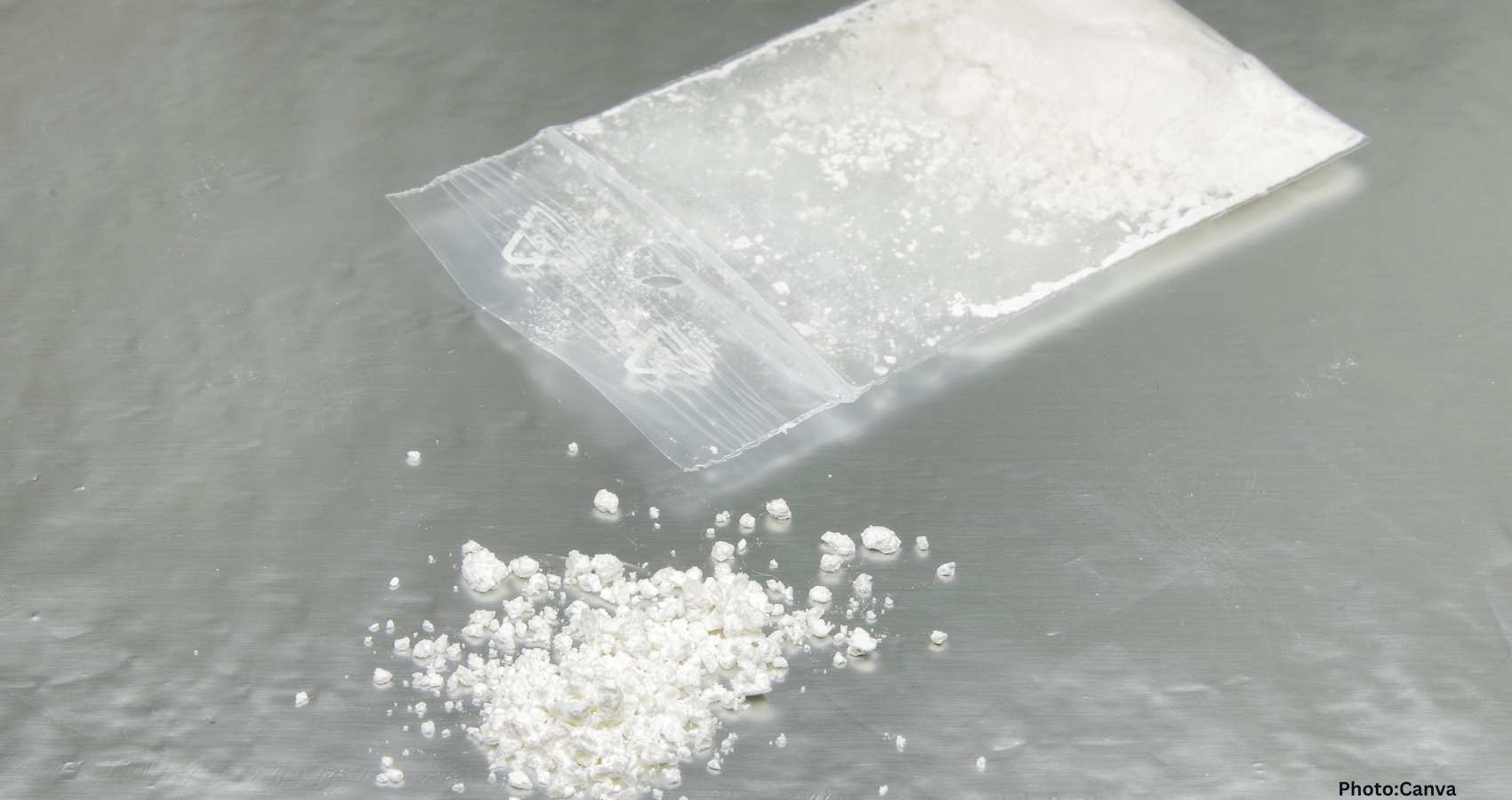Hezbollah and Iran have established a cocaine cash machine in Venezuela, which not only supports Maduro’s regime but also fuels global terror networks, according to experts.
Hezbollah and Iran have developed a sophisticated cocaine cash operation in Venezuela, which serves to bolster Nicolás Maduro’s regime while simultaneously funding terror networks worldwide. Recent U.S. military actions in the Caribbean are viewed by experts as part of a larger strategy to dismantle this growing narco empire.
U.S. officials have identified the Tren de Aragua gang as a key player in this operation, closely collaborating with the Cartel of the Suns, a network of Venezuelan military elites accused of cocaine trafficking in partnership with Hezbollah. White House spokesperson Anna Kelly emphasized the Trump administration’s commitment to countering Iran’s terrorist proxies, stating, “President Trump has taken numerous actions to curtail Iran’s terrorist proxies like Hezbollah, such as sanctioning senior officials and financial facilitators.” She added that the administration is determined to hold accountable any terrorist group that threatens U.S. national security through narcotics smuggling.
Brian Townsend, a retired DEA special agent, described recent U.S. actions as a “decisive blow against narco-terrorists.” He noted that while Hezbollah’s involvement is often hidden from view, it is crucial to the operation. “They don’t get their hands dirty. Instead, they launder and provide networks to help cartels send money through the Middle East,” he explained. Townsend added that Hezbollah takes a cut from the drug trade, which in turn funds their operations in the Middle East.
Dani Citrinowicz, a senior fellow at Israel’s Institute for National Security Studies, highlighted Hezbollah’s reliance on the Lebanese diaspora in the region. “Most of the Shia diaspora, at least in Central and South America, is Lebanese,” he told Fox News Digital. “Hezbollah is the connector between the diaspora and Iran.” He elaborated on how the group utilizes family connections, language, and community institutions to strengthen its influence across Latin America. Through these networks, Hezbollah can engage with local cartels, facilitate drug sales, and channel profits back to Lebanon through complex schemes.
Citrinowicz emphasized that Hezbollah’s role as a connector is vital to Iran’s strategy in the Western Hemisphere. “The connection starts and ends with enmity towards the West in general, specifically to the United States,” he stated. He further asserted that as long as Maduro remains in power, Iran will maintain its foothold in the region. Conversely, if Maduro were to be ousted, Iran would lose its most significant stronghold in Latin America.
Townsend noted that the partnership between Iran and Maduro is mutually beneficial. “Iran’s partnership with Maduro enables Hezbollah to operate in Venezuela. Iran gets to safely operate, through Hezbollah, in the West without prosecution, and Maduro and his officials get paid well,” he explained. “Ultimately, Iran uses and exploits Maduro, who benefits financially.” Both experts pointed to the complicity of the Venezuelan state as a critical enabler of this operation.
Under the leadership of Maduro and his predecessor Hugo Chávez, Venezuela has become a significant transshipment hub for Colombian cocaine. Townsend pointed out that there have been multiple indictments in the U.S. and Treasury OFAC designations linking senior government officials to the use of state infrastructure—such as ports, air bases, and military convoys—to facilitate large cocaine shipments. The Cartel of the Suns, composed of high-ranking military officers, is known to protect these shipments, while Hezbollah plays a key role in laundering the drug money.
Citrinowicz underscored Iran’s investment in Venezuelan power structures, noting that military cooperation is a significant aspect of this relationship. “The enhancement is illustrated by several aspects: first and foremost, the military cooperation, especially Iranian factories building UAVs for the Venezuelan army, and constant Quds Force flights from Iran through Africa toward Venezuela,” he stated. He added that Iran is also teaching Venezuela how to circumvent sanctions and has invested billions into its economy.
Experts agree that Washington’s most effective leverage lies in targeting the financial networks that support this operation. “We need to aggressively target and choke these financial networks,” Townsend urged. “The priority is to attack the financial and logistical networks, indict everyone we can, and pressure Maduro. If we can cut off the financial arteries, the cocaine won’t be as profitable.” Citrinowicz concurred, stating that weakening Maduro would also diminish Iran’s presence in Latin America, thereby reducing its ability to threaten U.S. interests.
For U.S. officials, Hezbollah’s narcotics empire in Venezuela is increasingly viewed as a direct threat to national security. The situation is no longer just a regional issue; it poses significant implications for safety at home.
Source: Original article

